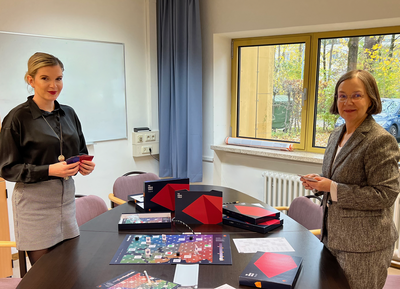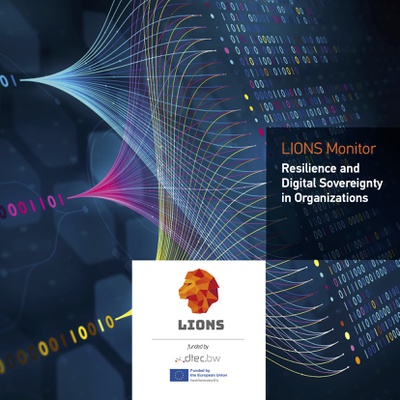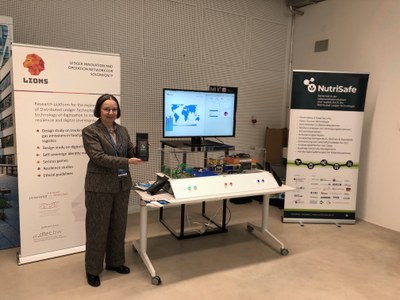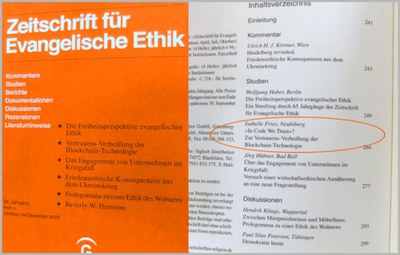
Prof. Dr. Paul Timmers auf dem LIONS Symposium
7 März 2022
Am 03.03.2022 fand das LIONS Symposium statt, auf dem die Themen Nachhaltigkeit und Digitale Souveränität diskutiert wurden. Auf der Agenda standen Einblicke in das Projekt und spannende Vorträge eingeladener Experten etwa aus den Projekten ESDiT, IEDS und WeReLaNa. Mehr zum Symposium erfahren sie ->hier.
Den Themenblock Digitale Souveränität leitete dabei eine Keynote von Prof. Dr. Paul Timmers ein, welche die Herausforderungen für Europa zum Thema macht:
Digital Sovereignty - The Challenge for Europe
Keynote at LIONS Symposium by Prof Dr. Paul Timmers, 3 March 2022.
Sovereignty is a political concept that concerns territory, natural and digital resources 'that belong to us', people, and authority that has internal and external legitimacy. Internal legitimacy refers to the effectiveness of the state for the citizens, such as delivering well- functioning public services and fair justice. It is also about recognition by citizens of the government, like having confidence in the rule of law. External legitimacy concerns the recognition by foreign states and the autonomy of a state towards third states.
Sovereignty is challenged in Europe. On the one hand because of the increasing dependence on and disruptive impact of digital technology, which is dominated by a few foreign players. On the other hand due to rising geopolitical tensions, particularly between U.S.-China and EU/US-Russia, but also transatlantic. Making it worse are cyber threats that seriously undermine national sovereignty. Altogether, we are faced with a sovereignty gap. It is urgent and a Cheffin- und Chefsache to defend and safeguard our sovereignty.
Where sovereignty is the goal, strategic autonomy is the means. Strategic autonomy consists of control, capabilities, and capacities (C3) necessary to safeguard our long-term future across the economy, society, and democracy at large. The strategic autonomy label is put on many topics from finance, health, materials, energy, to digital technologies. Strategic autonomy in digital technologies is also called 'digital sovereignty'.
How then do we achieve get digital sovereignty? Certainly not by going on our own. Autarky is not feasible nor desirable in general for the EU. We could also pursue digital sovereignty based on a best-effort or risk management approach. This is the spirit of most past digital policy. Take data protection or cybersecurity laws or R&D for the internet of things. But risk management may no longer be fit to overcome the sovereignty gap.
Increasingly, therefore, we see a call to work in partnership with like-minded countries. But who is trusted and what is this trust about? For each critical digital technology, the answer may be different. Sometimes it will be other democratic states, as for AI, sometimes it will be only EU states, as for hardware encryption, sometimes an even smaller ‘coalition of the willing’.
We could also pursue digital sovereignty by tackling it as a challenge at the global level. This means working with global specifications, open-source, common global objectives, and a broad forum. That is it is sometimes feasible is shown by the management of internet domain names and the work of internet protocols.
Against this background, we can then ask ourselves: where do blockchain developments in Europe fit in this big picture of geopolitics and digital sovereignty? The keynote will seek to engage the audience in reflecting on this question and translating answers to their practice as contributors to the blockchain political, industrial, and technological ecosystem.






